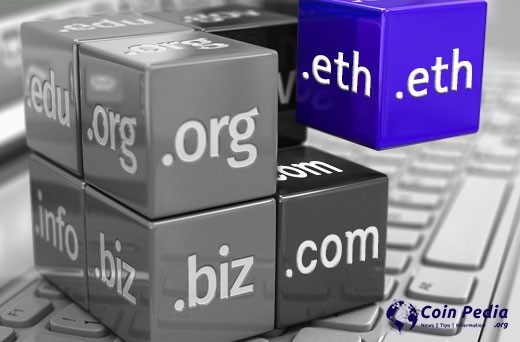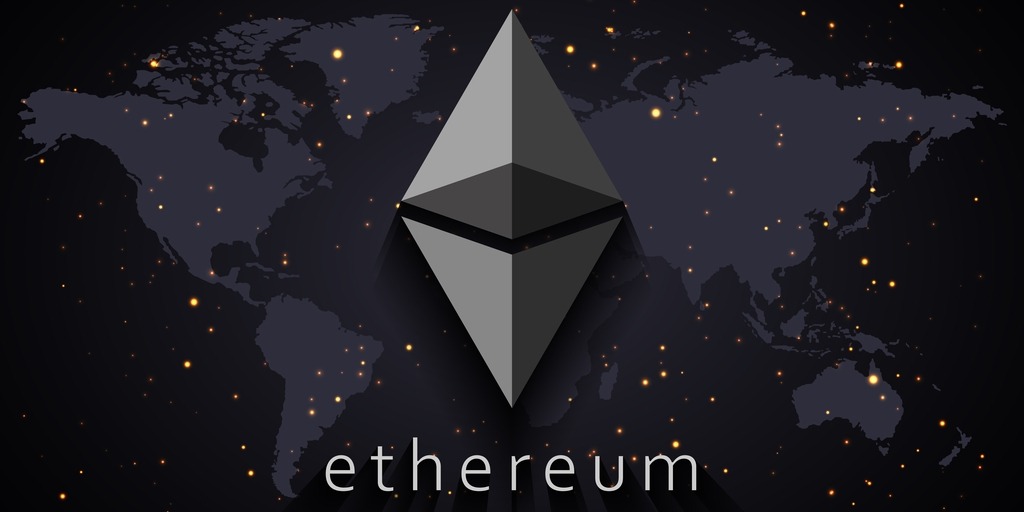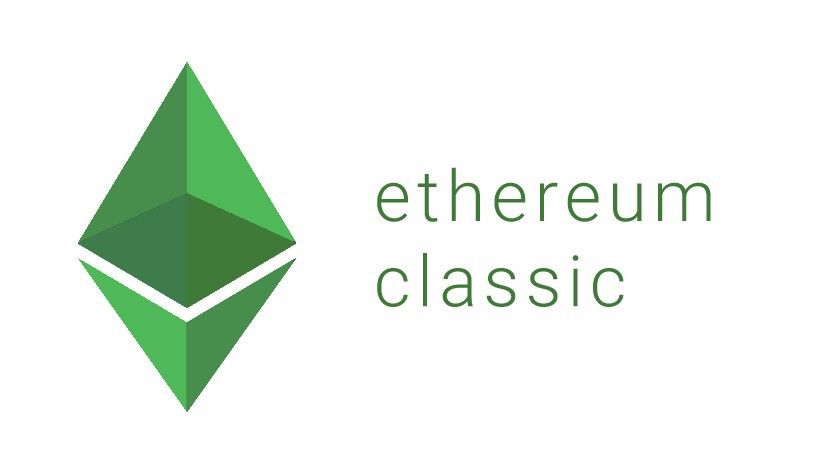Everything You Need To Know To Become An Ethereum Expert
The definition of Ethereum is the first thing you should consider before aiming to become an Ethereum expert. Ethereum, as a blockchain network, has its own native coin, Ether (ETH). Smart contracts and applications are enabled by the blockchain platform, allowing for smooth operations without downtime, third-party influence, or fraud.
Anyone interested in pursuing an Ethereum profession should be aware of Ethereum’s most important strength: its ability to create distributed applications. Given Ethereum’s status as the most popular platform for developing decentralized applications, or dApps, it’s safe to say that knowing Ethereum can help you advance your career.
What Does it Take to Become an Ethereum Expert?
If you want to become an Ethereum expert, you must first understand the scope of the project. Is it simple for everyone to gain Ethereum competence and get the professions they want? If that’s the case, what kinds of jobs can you expect as an Ethereum expert? Ethereum experts have a wide range of work prospects, ranging from Ethereum developers to ecosystem administrators.
The profession of an Ethereum developer is one of the most frequent and in high demand right now. In fact, you can train to be an Ethereum developer and utilize your knowledge to create decentralized applications. Other opportunities like an Ethereum expert, on the other hand, are available.
Ethereum Developers’ Responsibilities
The next crucial aspect to consider before evaluating an Ethereum skill path is a thorough understanding of an Ethereum expert’s or developer’s duties. An in-depth look at the roles of Ethereum experts and developers might help you figure out all the skills you’ll need to succeed in your Ethereum career. Here are some of the tasks that an Ethereum expert might have.
- Different blockchain technologies are being researched, designed, developed, and tested.
- Working on brainstorming and evaluating possibilities for introducing new technologies and tools as part of the ongoing evolution process.
- Experts in Ethereum must also make it easier to maintain client and service-side apps while ensuring that needed business logic and connectors are in place.
- Experts or developers in Ethereum must also be able to enhance the functionality of existing applications.
Documentation for the development of new solutions as well as the maintenance of project records.
Expertise with Ethereum is required.
Many people looking for a trustworthy Ethereum Skill Path will undoubtedly struggle to acquire the necessary abilities. Ethereum experts’ responsibilities reveal that they have a variety of professional tasks that vary depending on the organization’s objectives. To become an Ethereum expert, you’ll need diverse abilities, including those listed below.
- Fluency in all aspects of software development.
- Working with large codebases and open-source projects is a must.
- Programming languages such as C++ and JavaScript require a high level of proficiency.
- In-depth knowledge of data structures and commonly used methods.
- Basic understanding of P2P networks and cryptography.
Concurrency and multithreaded code are two aspects of Ethereum programming that you should be familiar with.
The abilities needed to become an Ethereum developer or expert demonstrate how tough it is to make a living in Ethereum. However, it’s also vital to consider the long-term potential for Ethereum developers and Ethereum experts as their careers progress. The strong push for DeFi applications will promote further Ethereum adoption, necessitating the learning of Ethereum by professionals as soon as possible.
Also, read – Understanding Blockchain’s Layer 3 Protocol
The typical compensation of an Ethereum developer currently ranges from $120,000 to $170,000, depending on expertise and role. As a result, one can fairly seek prospects for job advancement in Ethereum by overcoming the challenges of familiarizing oneself with the difficult skill requirements.
Learning About Ethereum Merge
The Ethereum merger planned to stop using its mining hardware. A cold war between genuine fans of the old ethereum and advocates of the new ethereum is likely to develop due to the transition, which may destabilize some of the largest institutions in the sector. That is, if it happens at all. If this happens, the carbon emissions from the whole Ethereum ecosystem should fall precipitously over night, leaving only Bitcoin as the only significant cryptocurrency based on the destructive proof-of-work methodology.
A description of cryptocurrencies. The two most well-known cryptocurrencies, bitcoin and ethereum are based on the idea of proof of work. This includes networks that, to put it simply, outsource their security to a decentralized network of miners who compete to use vast amounts of electricity to create lottery tickets. The miner who made the winning lottery ticket is rewarded every time one is produced; the current reward is 6.25BTC or roughly £110,000 in bitcoin. They also get to confirm every transaction that has taken place since the previous winner, gather them into a neat block, and add it to the list of all earlier blocks. They mark the league with their lottery number, repeating the process.
Please don’t write to me because the previous paragraph is mostly false. Because the proof-of-work paradigm is the cornerstone of all the information you’ve heard about how cryptocurrencies influence the environment, it is accurate enough for what follows. And Ethereum wants to get rid of it.
The alternative is known as proof of stake. Though conceptually more complex, we can still express it in broad strokes as follows: instead of spending electricity to print lottery tickets, you use your ethereum to buy premium bonds, and the system chooses a winner depending on how many bonds they have bought. The selected winner then completes the customary validation requirements. You can cash out your premium bonds, but it takes time, so you’re advised not to abuse your validation privileges.
For a while, a version of ethereum was built on these principles. Since its inception, it has gone by several names, including testnet and Eth2, but as on September 15, it will only be referred to as “ethereum.” Since the old and new networks will be merged, this transition is called “the merge,” It could end up being the most significant technological achievement in the history of the bitcoin business. Consequently, there is a good likelihood that it will be very filthy.
Stay informed with daily updates from Blockchain Magazine on Google News. Click here to follow us and mark as favorite: [Blockchain Magazine on Google News].
Get Blockchain Insights In Inbox
Stay ahead of the curve with expert analysis and market updates.
latest from tech
Disclaimer: Any post shared by a third-party agency are sponsored and Blockchain Magazine has no views on any such posts. The views and opinions expressed in this post are those of the clients and do not necessarily reflect the official policy or position of Blockchain Magazine. The information provided in this post is for informational purposes only and should not be considered as financial, investment, or professional advice. Blockchain Magazine does not endorse or promote any specific products, services, or companies mentioned in this posts. Readers are encouraged to conduct their own research and consult with a qualified professional before making any financial decisions. The featured image used is just a creative depiction of the title and it does not intend to hurt sentiments of any person or institution. If it hurts anyone sentiments, please do not hesitate to reach out to Blockchain Magazine.

 Bitcoin
Bitcoin  Ethereum
Ethereum  XRP
XRP  Tether
Tether  Solana
Solana  USDC
USDC  Dogecoin
Dogecoin  Cardano
Cardano  Lido Staked Ether
Lido Staked Ether  TRON
TRON  Chainlink
Chainlink  Avalanche
Avalanche  Wrapped stETH
Wrapped stETH  Wrapped Bitcoin
Wrapped Bitcoin  Stellar
Stellar  Sui
Sui  Toncoin
Toncoin  Hedera
Hedera  Shiba Inu
Shiba Inu  WETH
WETH  Polkadot
Polkadot  LEO Token
LEO Token  Litecoin
Litecoin  Bitget Token
Bitget Token  Bitcoin Cash
Bitcoin Cash  Uniswap
Uniswap  Hyperliquid
Hyperliquid  USDS
USDS  Official Trump
Official Trump  Wrapped eETH
Wrapped eETH  Pepe
Pepe  NEAR Protocol
NEAR Protocol  Ethena USDe
Ethena USDe  Aave
Aave  Aptos
Aptos  Internet Computer
Internet Computer  Ethereum Classic
Ethereum Classic  Ondo
Ondo  Mantle
Mantle  WhiteBIT Coin
WhiteBIT Coin  Monero
Monero  Cronos
Cronos  POL (ex-MATIC)
POL (ex-MATIC)  Jupiter
Jupiter  Render
Render  Dai
Dai  MANTRA
MANTRA  Layer One X
Layer One X 




